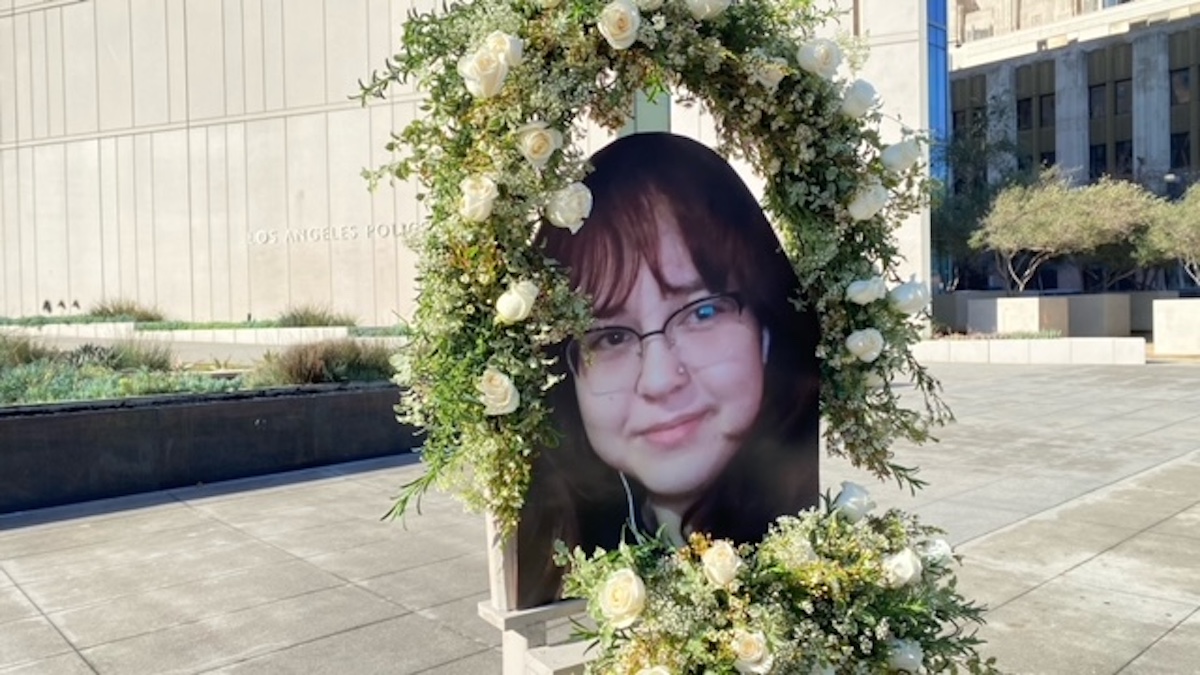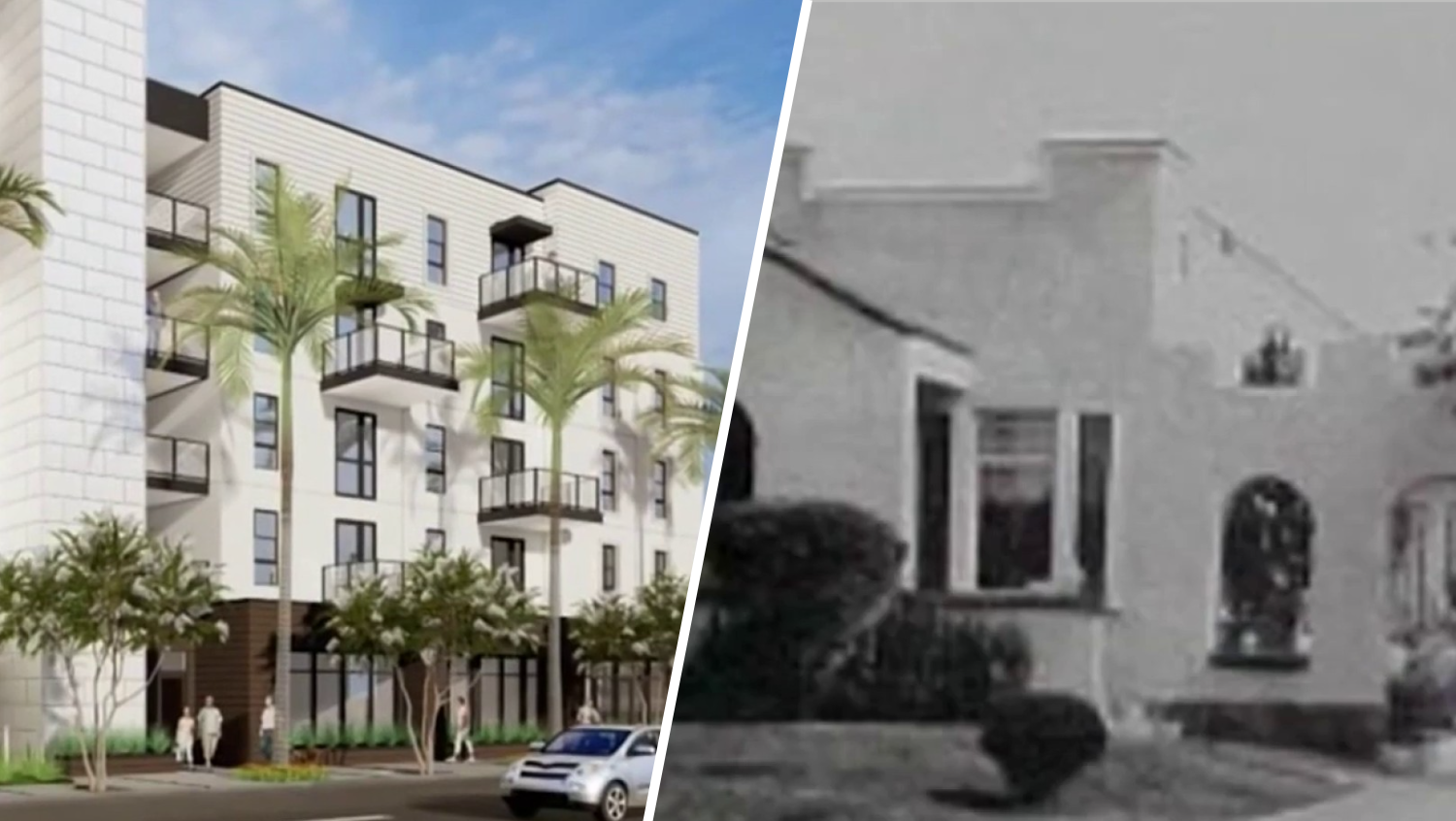The unlimited growth of the dockless electric scooter industry in Los Angeles was slowed Tuesday by the City Council, which passed regulations for a one-year pilot program that will require companies to remove thousands of devices from city streets.
Under the rules adopted by the council, the scooters will be limited to 3,000 per company at the start of a one-year pilot program, with additional devices allowed in "disadvantaged" communities. The pilot program will begin within 120 days, and in the interim, companies can apply for a conditional use permit for up to 3,000 devices.
A representative of scooter company Bird told City News Service the firm has been operating about 8,000 scooters per day in Los Angeles this summer, while fellow operator Lime is believed to be operating at a similar level.
"It would be a serious cut," David Estrada, head of government relations and public policy for Bird, told CNS before the vote. "And the way we look at it is, it's a drastic and chaotic cut to the market of transportation people rely upon every day."
The dockless Lime and Bird scooters have proliferated in Westside communities over the last year, leaving local governments scrambling with how to regulate them. The city of Beverly Hills recently banned them for six months, while Santa Monica last month created a 16-month pilot program which caps the number of scooters allowed on the streets.
The motorized devices have sparked love-them-or-hate-them emotions among many residents, with some arguing they are an environmentally friendly mode of transportation and the wave of the future, while opponents complain they are a safety hazard cluttering up public rights-of-way by careless users illegally riding them on the sidewalk and without a helmet.
The scooters work through a phone app that allows people to find and unlock the devices and drop them off anywhere they are allowed, with no docking station or kiosk required.
News
Top news of the day
The devices have proven to be divisive on the LA City Council as well, with Councilman Paul Koretz in July calling for a ban on them until the city fully drafts its regulations. Councilman Mitchell Englander recently pressured the Department of Transportation to issue cease-and-desist letters to all scooter companies by the end of last week that were not part of any established pilot program. According to the DOT, however, there are no existing pilot programs in the city for dockless scooters, only for dockless bikes, meaning every company is technically subject to the cease-and-desist order.
The regulations passed Tuesday appeared to clear up the cease-and-desist issue, since companies will be able to apply for conditional use permits.
The council debated how many devices to allow during the upcoming pilot program. The Transportation Committee had recommended 3,000 per company, but the Public Works and Gang Reduction Committee had recommended 1,500. A late proposal by Councilman Joe Buscaino to cap the conditional permits at 6,000 devices failed on a 4-9 vote before the council approved a number of 3,000 on a 13-0 vote.
Prior to the vote, Buscaino spoke at a news conference outside Los Angeles City Hall with officials from Bird, and made an entrance on a Bird scooter -- while wearing a helmet.
"It's important for us, if we're going to address the traffic issue in our city, we need to embrace traffic solutions and live in a multi-modal city," Buscaino said.
The pilot program approved that will begin within 120 days allows for controlled growth of the devices. Although companies are capped at 3,000 devices, they will have the opportunity to add up to 2,500 more devices if they are located in disadvantaged communities, and they can add an additional 5,000 in disadvantaged communities in the San Fernando Valley.
After demonstrating compliance with program requirements and meeting certain performance criteria, the LADOT can allow companies to increase their fleet size, but the program does not specify a cap on such expansion.
The council also approved a top speed of the scooters of 15 mph, which is the speed already offered by Bird and Lime. The Transportation Committee had recommended they be capped at 12 mph after Councilman Mike Bonin said he heard some companies were considering raising their speeds to be more competitive in the market and attract users.
Mary Caroline Pruitt, a communications manager for Lime, told City News Service last month that "by slowing traffic, the proposed regulation would increase safety concerns. An average cyclist bikes at a speed of 15-20 mph, so imposing a scooter speed cap of 12 mph would disrupt the flow of traffic in bike lanes and streets, which could cause safety hazards."
The new regulations require companies to equip the scooters with a minimum 48-point font warning against riding on sidewalks. Companies also must maintain a 24-hour hotline and respond to improperly parked or inoperable devices within two hours, from 7 a.m. to 10 p.m.
In the future, operators will be required to use technology that can tell if a device is parked upright. They city may also designate parking areas for the devices in high-traffic areas.



